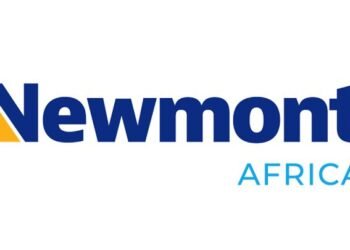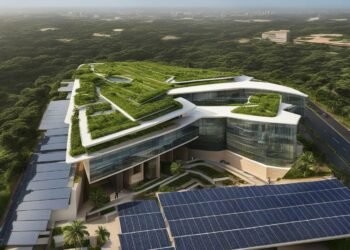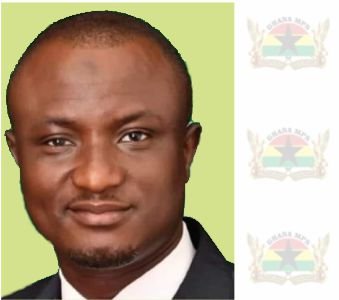Ghana has urged global investors, sovereign wealth funds, and development financiers to take bold steps in financing Africa’s clean energy transition, warning that goodwill alone will not unlock the continent’s vast renewable potential.
The call was made by Hon. Seidu Issifu, Ghana’s Minister of State for Climate Change and Sustainability, during a keynote address at the ClimateWorks Foundation and One Planet Sovereign Wealth Fund (OPSWF) High-Level Roundtable.
The event, held as part of the Unstoppable Africa 2025 conference at the Marriott Marquis in New York, convened international investors, policymakers, and energy leaders under the theme “Driving Investment into Clean Energy Projects in Africa.”
“Africa is blessed with abundant solar, wind, hydro, and geothermal resources.
“But unlocking this potential requires more than goodwill, it requires capital, policy coherence, and bold partnerships.”
Hon. Seidu Issifu, Minister of State for Climate Change and Sustainability
Ghana’s Framework for Renewable Growth
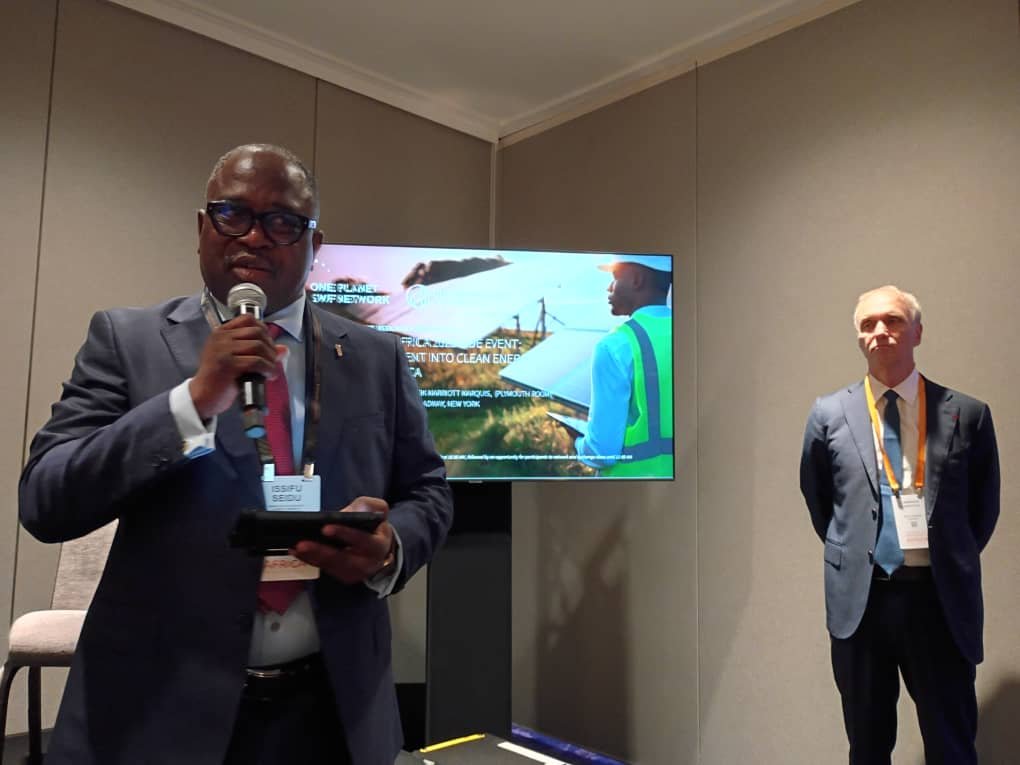
In his address, Hon. Issifu outlined how Ghana is building a supportive ecosystem for clean energy investment.
Central to this effort is the creation of the Office of the Minister of State for Climate Change and Sustainability, a new institutional anchor designed to ensure whole-of-government accountability for climate and energy policy.
He revealed that the government is also setting up a Climate Change and Sustainability Hub, a centre of excellence that will mobilise climate finance, provide investors with data and risk assessments, and develop a pipeline of bankable projects.
“This Hub will be the compass guiding investors through Ghana’s clean energy landscape.”
Hon. Seidu Issifu, Minister of State for Climate Change and Sustainability
Regulatory reforms have also been prioritised. Ghana is streamlining permitting processes, expanding feed-in tariffs, and enhancing net metering regulations.
These reforms are tied to President John Mahama’s 24-Hour Economy initiative, which links green industrialisation with energy reforms.
Hon. Issifu added that new green tax incentives, duty exemptions, and blended finance mechanisms are being introduced through collaboration with the Ministry of Finance and the Ghana Investment Promotion Centre.
These measures are aimed at lowering entry barriers and attracting large-scale private investment. “Ghana is creating an environment where renewable energy projects are not only viable but profitable,” the Minister said.
Call for Patient and Scaled-Up Capital
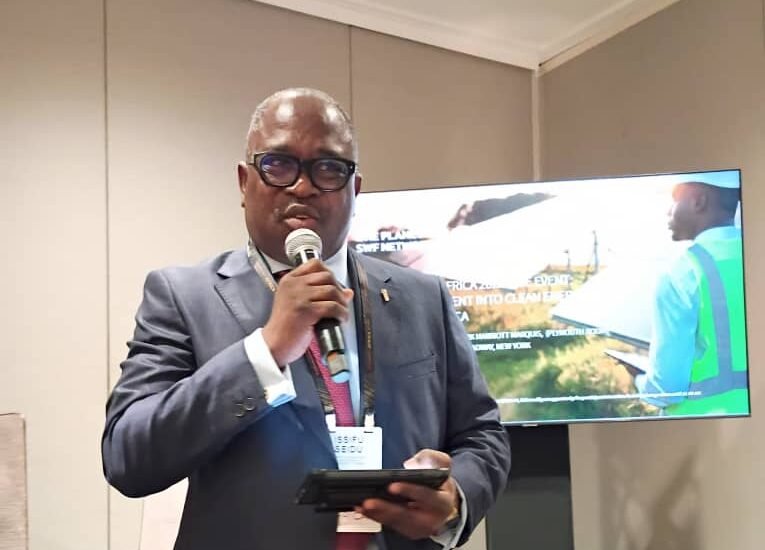
While acknowledging the steps Ghana and other African nations have taken, Issifu stressed that these efforts must be matched with bold financial commitments from the global investment community.
“We must bridge ambition and capital.
“De-risking projects, lowering the cost of finance, and creating investment-grade environments are key to unlocking the trillions needed for Africa’s clean energy future.”
Hon. Seidu Issifu, Minister of State for Climate Change and Sustainability
He called for the expansion of blended finance facilities to cushion investors from currency and policy risks, while also urging support for technical assistance that would strengthen project preparation and accelerate the rollout of renewable energy infrastructure.
Hon. Issifu was particularly emphatic on the need to build local value chains. He highlighted the importance of supporting domestic manufacturing of solar panels, batteries, and green hydrogen components, not only to reduce costs but also to generate green jobs across the continent.
Clean Energy as a Development Imperative
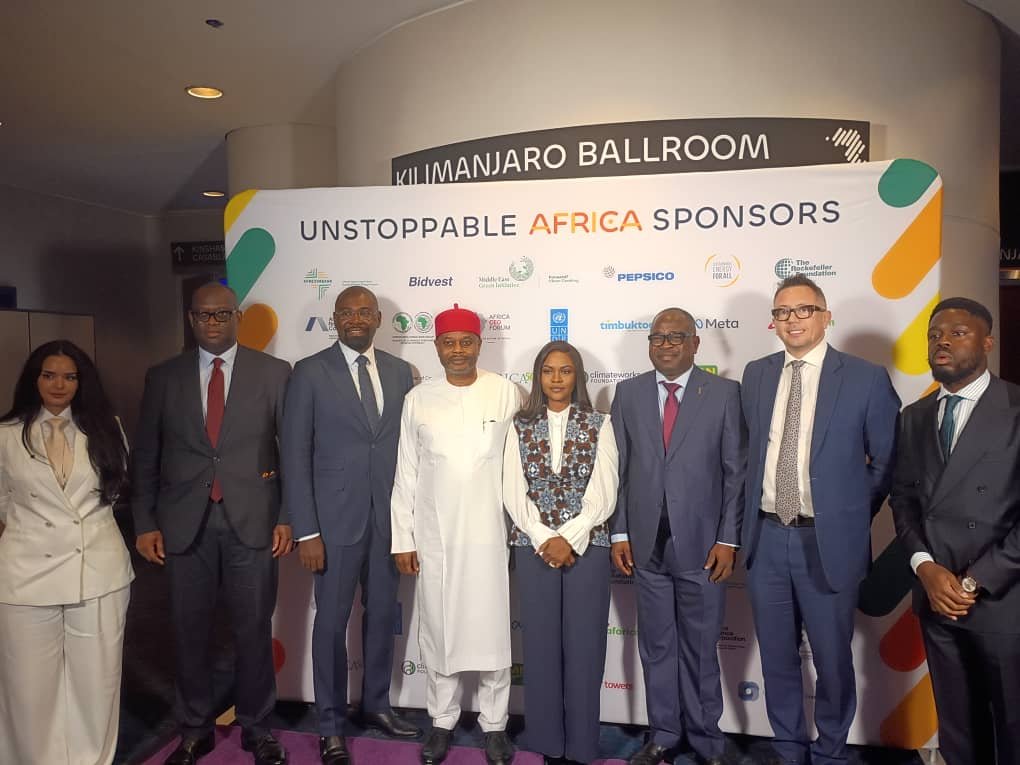
The Minister’s remarks placed Africa’s clean energy agenda within a broader socio-economic framework. He argued that renewable energy is not just a climate necessity but also a transformative lever for development.
“Africa’s clean energy transition is our pathway to industrial transformation, job creation, and economic competitiveness.
“Ghana is ready with the policies, the vision, and the institutional frameworks.”
Hon. Seidu Issifu, Minister of State for Climate Change and Sustainability
Hon. Issifu added, “Now is the time to match this enabling environment with bold, patient capital that can turn plans into power, literally.”
His message resonated strongly with participants at the roundtable, who acknowledged the dual challenge facing Africa: bridging the continent’s energy access gap while also aligning with global climate commitments.
The discussions reinforced Africa’s position as both a critical player in the global fight against climate change and an attractive frontier for green investment.
Ghana’s presence at the Unstoppable Africa 2025 conference underscored its growing leadership role in the continent’s climate and energy transition discourse.
With its mix of policy reforms, institutional strengthening, and investor incentives, Ghana is positioning itself as a model for how African nations can leverage renewable resources for both economic growth and sustainability.
“The future of African energy will not be a product of luck or imitation.
“We will create it ourselves, through the decisive application of our collective intelligence and bold partnerships.”
Hon. Seidu Issifu, Minister of State for Climate Change and Sustainability
As the continent eyes the next decade of development, Ghana’s call for bold capital sends a clear message: Africa has the resources and the ambition, but to translate that into results, the world must bring in the money.
READ ALSO: Market Cheers as Ghana’s Treasury Auction Breaks Four-Week Drought with 15.8% Oversubscription



